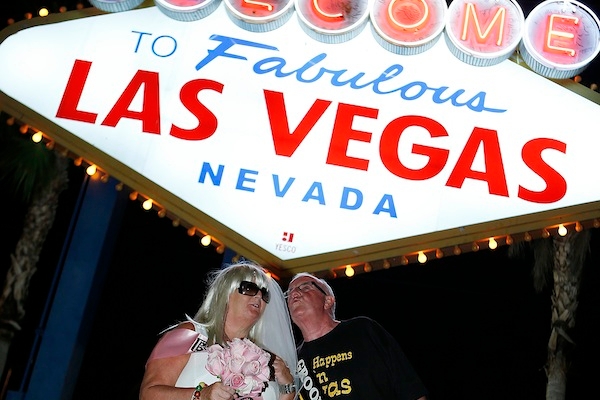Should the government subsidise married couples? Arguing about whether births outside wedlock lead to worse childhood outcomes, or whether broken homes and such outcomes both stem from some third factor, really depends on one’s worldview and which studies one chooses to ignore.
My own suspicion, based on the wisdom of the ages and what I read in the Daily Mail, is that social and personal problems are likely to be more prevalent on average among those who have children out of wedlock, which makes proving the case for marriage hard. In addition, the actual absence of a father on average makes a difference.
But how could this be proved except through a cruel social experiment where random members of society lost their fathers? In the United States a study of children whose fathers had died showed that this had little educational impact on white children but it did for black children; a curious result, but most white American children will grow up with adult males around, whether it’s uncles or the fathers of schoolmates, most of whom will be around. A much larger number of African-Americans children don’t; indeed the major problem with fatherlessness is where it becomes the norm in whole communities, and boys grow up without any authority figures.
Habits are heavily influenced by social pressure, financial incentives and the behaviour of peers, and tax policy can influence all three. If you remove the incentives towards behaviour that restricts personal independence, then a certain percentage of the population will change their behaviour. Those with more self-control and other qualities will not, while the fall-out even if their relationships do fail will on average be less damaging.
The key phrase here is “on average”, and yet people seem to be averse to the concept of probability.
The Today programme debate on Monday focused on whether this would stigmatise all unmarried parents, while John Humphrys even used the example of some loving, kind unmarried parents living next door to an awful, but married, couple.
Of course there are many such examples in real life, as there are of all outcomes that go against the odds: but on average traditional families do better, and on average married fathers are more likely to stick around than co-habiting men. That is not judging anyone; it is the application of probability.
Probability is considered unwholesome – we’ve even coined pejorative phrases for its application, such as “stereotyping” and “discrimination” – yet everyone uses probability in a hundred different ways every week to weigh up their decision-making, and it’s the very basis of our lending-based financial system. To deny probability in political discourse simply turns it into an irrational question of who can burnish the highest-ranking victim card.







Comments